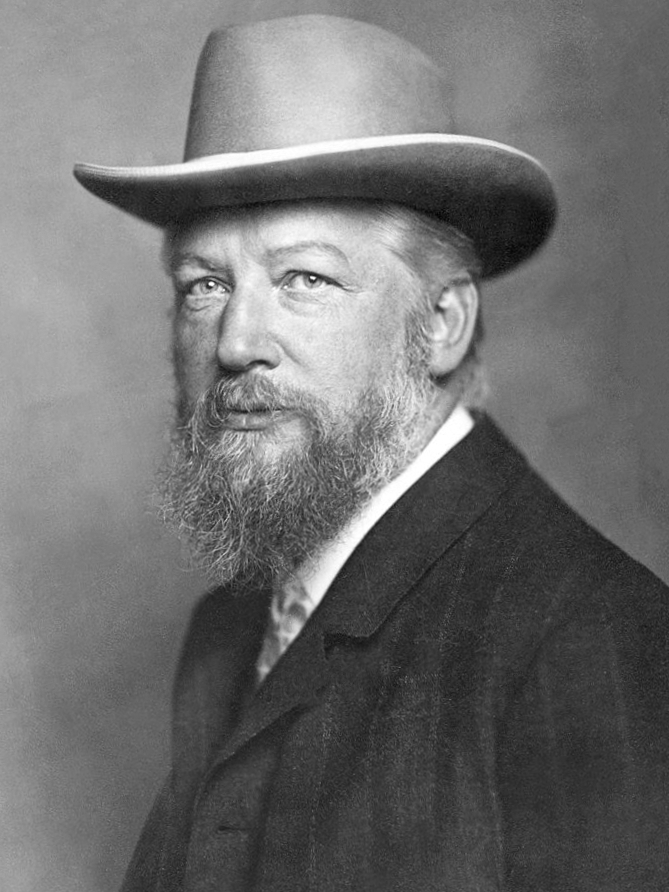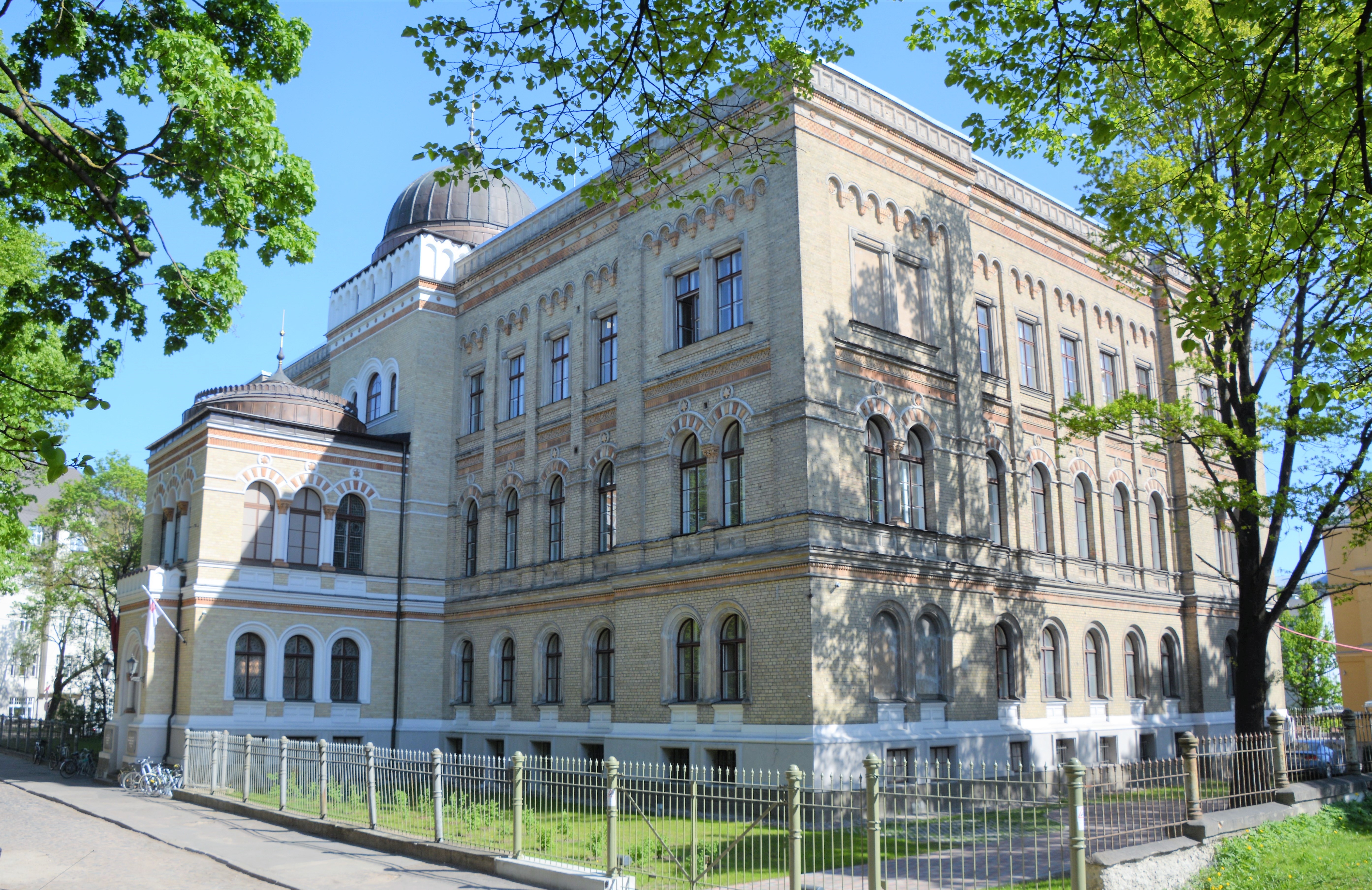|
University Of Latvia
University of Latvia ( lv, Latvijas Universitāte, shortened ''LU'') is a state-run university located in Riga, Latvia established in 1919. The ''QS World University Rankings'' places the university between 801st and 1000th globally, seventh in the Baltic states, and 50th in the EECA (Emerging Europe and Central Asia) category. History The University of Latvia, initially named as the Higher School of Latvia ( lv, Latvijas Augstskola) was founded on September 28, 1919, on the basis of the former Riga Polytechnic (founded in 1862). The first rector of the university was chemist Paul Walden. In 1923, the school received its current name with the approval of its constitution, the University of Latvia (Universitas Latviensis). In the period between 1919 and 1940, the University of Latvia was the main centre of higher education, science and culture in the Republic of Latvia. The former building of the Riga Polytechnic on Raiņa bulvāris 19 serves as the university's main buildin ... [...More Info...] [...Related Items...] OR: [Wikipedia] [Google] [Baidu] |
Indriķis Muižnieks
Indriķis is a Latvian masculine given name. It is the Latvian form of Henry and may refer to: * Indriķis Alunāns, young Latvian and journalist * Indriķis Blankenburgs, Latvian architect * Indriķis Jurko, Latvian General and military officer, one of the principal commanders of Battle of Jelgava (1944) * Indriķis Laube, German-Latvian translator and writer * Indriķis Muižnieks, Latvian scholar and professor * Indriķis Pūliņš, Latvian sailor and ship building engineer * Indriķis Šterns, Latvian historian * Indriķis Zeberiņš, Latvian painter * Indriķis Zīle, first Latvian Song and Dance Festival director and composer * Indriķis Zvejnieks, Latvian revolutionary {{Given name, cat=Latvian masculine given names ... [...More Info...] [...Related Items...] OR: [Wikipedia] [Google] [Baidu] |
Latvian Academy Of Arts
The Art Academy of Latvia ( lv, Latvijas Mākslas akadēmija) is an institution of higher education and scientific research in art, located in Riga, Latvia. The neo-Gothic brick building is located on Krišjānis Valdemārs Street, next to the National Museum of Art. Organization Faculties The Academy has 5 faculties: * Faculty of Visual Arts (2D) :* Department of Painting :* Department of Graphic Art :* Department of Textile Art :* Department of Drawing * Faculty of Visual Plastic Arts (3D) :* Department of Sculpture :* Department of Ceramics :* Department of Glass Art * Faculty of Design :* Department of Functional Design :* Department of Environmental Art :* Department of Metal Design :* Department of Fashion Design * Faculty of Audio-Visual Media Art :* Department of Visual Communication :* Department "Motion. Image. Sound" :* Department of Stage Design * Faculty of Art History :* Department of Art History and Theory :* Department of Restoration :* Department of Humaniti ... [...More Info...] [...Related Items...] OR: [Wikipedia] [Google] [Baidu] |
The Polytechnic, Riga, 1890s
''The'' () is a grammatical article in English, denoting persons or things already mentioned, under discussion, implied or otherwise presumed familiar to listeners, readers, or speakers. It is the definite article in English. ''The'' is the most frequently used word in the English language; studies and analyses of texts have found it to account for seven percent of all printed English-language words. It is derived from gendered articles in Old English which combined in Middle English and now has a single form used with pronouns of any gender. The word can be used with both singular and plural nouns, and with a noun that starts with any letter. This is different from many other languages, which have different forms of the definite article for different genders or numbers. Pronunciation In most dialects, "the" is pronounced as (with the voiced dental fricative followed by a schwa) when followed by a consonant sound, and as (homophone of pronoun '' thee'') when followed by a ... [...More Info...] [...Related Items...] OR: [Wikipedia] [Google] [Baidu] |
The Baltic Course
''The Baltic Course'' is a pan-Baltic business magazine. The first number was issued in 2000. Magazine's editor-in-chief An editor-in-chief (EIC), also known as lead editor or chief editor, is a publication's editorial leader who has final responsibility for its operations and policies. The highest-ranking editor of a publication may also be titled editor, managing ... is Olga Pavuka. References External links * Baltic states Magazines established in 2000 Business magazines Magazines published in Estonia {{Europe-business-mag-stub ... [...More Info...] [...Related Items...] OR: [Wikipedia] [Google] [Baidu] |
CBSS
The Council of the Baltic Sea States (CBSS) is a regional intergovernmental organisation working on three priority areas: Regional Identity, Safe & Secure Region and Sustainable & Prosperous Region. These three priority areas aim to address the themes of sustainable development, environment, sustainable maritime economy, education, labour, culture, youth engagement, civil security, children's rights and trafficking in human beings. History The CBSS was established by the region's Foreign Ministers in Copenhagen in March 1992 as a response to the geopolitical changes that took place in the Baltic Sea region with the end of the Cold War. The CBSS founders were Hans-Dietrich Genscher, Uffe Ellemann-Jensen, Thorvald Stoltenberg, Lennart Meri, Jānis Jurkāns, Algirdas Saudargas, Henning Christophersen, Paavo Väyrynen, Andrei Kozyrev, Margaretha af Ugglas, and Krzysztof Skubiszewski. Since its founding, the CBSS has contributed to ensuring positive developments within the Balt ... [...More Info...] [...Related Items...] OR: [Wikipedia] [Google] [Baidu] |
EuroFaculty
EuroFaculty was an educational institution in the Baltic states in reforming higher education in Economics, Law, Public Administration and Business Administration. History At the founding meeting of the Council of the Baltic Sea States (CBSS) in 1992, the German Minister of Foreign Affairs Hans-Dietrich Genscher suggested the establishment of a “Euro-faculty” to reform the Baltic universities in Estonia, Latvia, and Lithuania to Western standards with respect to Economics, Political Science, and Law. The idea was immediately supported by the Danish Minister of Foreign Affairs Uffe Ellemann-Jensen and EU Commissioner Henning Christophersen, and a draft paper on the creation of a Euro-faculty was accepted at the founding CBSS meeting with the implicit expectation that the Western member states as well as the EU would become donors to the faculty. The faculty, under the name EuroFaculty, was (like the CBSS) established by the Ministers of Foreign Affairs (MFAs) in the ent ... [...More Info...] [...Related Items...] OR: [Wikipedia] [Google] [Baidu] |
Supreme Council Of The Republic Of Latvia
The Supreme Council of the Republic of Latvia (Latvian: Latvijas Republikas Augstākā Padome) was the transitional parliament of Latvia from 1990 to 1993, after the restoration of independence. The Supreme Council was elected on 1990 as the Supreme Soviet of the Latvian SSR. On 1990 it declared the restoration of independence of Latvia and began a transitional period which lasted until the first session of the fifth Saeima on 1993. Independence was fully restored on 1991 during the Soviet coup attempt. Chairman of the Supreme Council of the Republic of Latvia *Anatolijs Gorbunovs Anatolijs Gorbunovs, also known as Anatoly Valeryanovich Gorbunov ( rus, Анато́лий Валериа́нович Горбуно́в, born 10 February 1942, in Pilda parish, Ludza municipality, Latvia), is a Latvian politician who served ... , 1990 – , 1993 Defunct unicameral legislatures Political history of Latvia {{Latvia-hist-stub ... [...More Info...] [...Related Items...] OR: [Wikipedia] [Google] [Baidu] |
Pēteris Stučka
Pēteris Stučka, sometimes spelt Pyotr Ivanovich Stuchka (russian: Пётр Ива́нович Сту́чка, german: Peter Stutschka (in contemporary writings); – 25 January 1932), was a Latvian jurist and communist politician who served as the leader of Bolshevik government in Latvian SSR during the Latvian War of Independence and later a statesman in the Soviet Union. Biography Stučka was born in Latvia, which was then part of the Livonian province of the Russian empire. His father was a prosperous farmer, his mother was a teacher. He was educated in a German lyceum in Riga, and then St Petersburg University, where he studied law. After graduating in 1888, he returned to Latvia, where he practised as a lawyer, and was one of the leaders of the New Current movement in the late 19th century, a prolific writer and translator, and an editor of Latvian language newspapers and periodicals. He was arrested in 1897, and sentenced to five years exile in Vyatka province, where ... [...More Info...] [...Related Items...] OR: [Wikipedia] [Google] [Baidu] |
Riga Technical University
Riga Technical University (RTU) ( lv, Rīgas Tehniskā universitāte) is the oldest technical university in the Baltic countries established on October 14, 1862. It is located in Riga, Latvia and was previously known as 'Riga Polytechnical Institute' and 'Riga Polytechnicum'. History Riga Polytechnical Institute (1862–1918) Riga Polytechnicum was first established in 1862 and was the first poly technical institute in Imperial Russia. It offered degrees in agriculture, chemistry, engineering, mechanics, trade and architecture, with education in German. In addition to four technical faculties (architecture, engineering, mechanical engineering, chemistry), the polytechnic also included an agricultural and a commercial faculty. The first lecturers came from Germany, Switzerland and Austria-Hungary. The language of instruction was German. Between 1863 and 1869, the number of students grew from sixteen to ninety. In 1869 the polytechnic moved into a new building. Since there wa ... [...More Info...] [...Related Items...] OR: [Wikipedia] [Google] [Baidu] |
Riga Stradiņš University
Riga Stradiņš University (RSU) ( lv, Rīgas Stradiņa universitāte, la, Universitas Rigensis Stradina) is a public university located in the city of Riga, Latvia. The Stradiņš (pronounced �stradiɲʃ name in the university's title is owed to members of the Stradiņš family who have had a significant influence on the course of community and academic life in Latvia for over a century. Riga Stradiņš University In 1950, Riga Medical Institute was established on the basis of the Faculty of Medicine of the State University of Latvia. The initiators were professors Pauls Stradiņš (1896–1958) and Ernests Burtnieks (1950–1958) - the first Director of Riga Medical Institute, and Healthcare Minister of the Republic of Latvia Ādolfs Krauss. Initially the institute included the faculties of medicine, dentistry and pharmacy, as well as 45 departments. Rīga Stradiņš University is a state-funded university which offers various study programmes and ensures the realisati ... [...More Info...] [...Related Items...] OR: [Wikipedia] [Google] [Baidu] |

.png)

